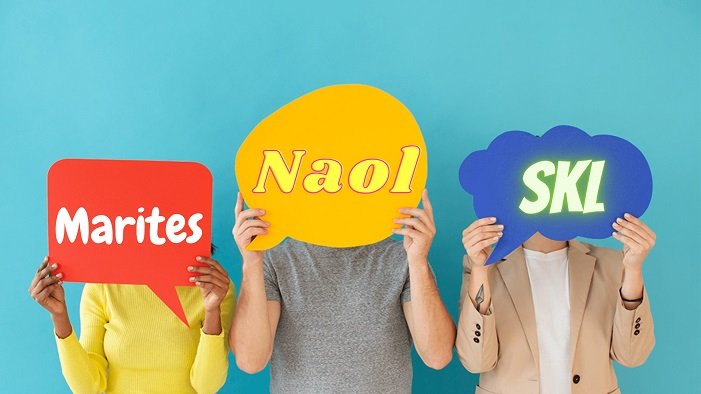If you’ve ever visited Davao or interacted with someone from this vibrant city in the Philippines, you might have noticed some unique expressions and slang words that aren’t used elsewhere. Davao has its own flavor of language, blending Cebuano, Tagalog, and English with a distinct local twist. Let’s dive into some of the most popular Davao slang terms that you might encounter.
1. “Chada”
Meaning: Cool, Nice, or Great
Usage: “Chada kaayo imong bag!” (Your bag is really nice!)
“Chada” is a word that Davaoeños use to describe something that’s cool, impressive, or attractive. It’s similar to how people from other regions might say “astig” or “ganda.”
2. “Lage”
Meaning: Yes, that’s right
Usage: “Lage, mao jud na.” (Yes, that’s really it.)
“Lage” is commonly used in conversations to agree with or affirm something someone has said. It’s a simple yet widely used word that reflects the easygoing nature of Davao’s people.
3. “Kuan”
Meaning: Thingamajig, What’s-his-name, Placeholder word
Usage: “Pwede ko manghulam sa kuan?” (Can I borrow that thing?)
“Kuan” is a versatile word used when someone can’t think of the exact word they want to use. It’s like saying “thingamajig” or “whatchamacallit” in English. Davaoeños use it all the time, and its meaning often depends on the context.
4. “Tambay”
Meaning: To hang out, Someone who hangs out
Usage: “Mag-tambay ta sa Kadayawan.” (Let’s hang out at Kadayawan.)
“Tambay” is a common slang term used to describe hanging out with friends or just loitering around. It can also refer to someone who frequently hangs out in a particular spot.
5. “Paet”
Meaning: Tough, Difficult, or Bitter
Usage: “Paet kaayo ang kinabuhi.” (Life is really tough.)
“Paet” is used to describe something that’s tough, difficult, or even bitter—whether it’s food or life situations. It’s a word that carries a bit of an emotional weight, often reflecting the challenges people face.
6. “Maayo na lang”
Meaning: Thank goodness, At least
Usage: “Maayo na lang walay ulan.” (Thank goodness it didn’t rain.)
This phrase is commonly used to express relief or gratitude that something negative didn’t happen. It’s a comforting expression that Davaoeños often use in daily conversation.
7. “Suroy-suroy”
Meaning: To stroll, Go around, or Explore
Usage: “Mag-suroy-suroy ta sa People’s Park.” (Let’s take a stroll around People’s Park.)
“Suroy-suroy” is a term for wandering or leisurely walking around. It reflects the laid-back lifestyle of Davao, where people enjoy taking their time to explore and appreciate their surroundings.
8. “Murag”
Meaning: Like, As if, Sort of
Usage: “Murag mahal na kaayo ang presyo.” (It’s like the price has become too expensive.)
“Murag” is a versatile word that can mean “like” or “as if,” and it’s often used to soften statements or make them more relatable. It’s a filler word that makes conversations more fluid and natural.
9. “Gimingaw ko”
Meaning: I miss you
Usage: “Gimingaw ko nimo.” (I miss you.)
This phrase is a sweet way of expressing that you miss someone. Davaoeños, like most Filipinos, are warm and affectionate, and this phrase is commonly used among friends and loved ones.
10. “Ba”
Meaning: A question tag, similar to “right?”
Usage: “Okay ra ba?” (Is it okay?)
“Ba” is a question tag that Davaoeños add to sentences when seeking confirmation or clarification. It’s a simple yet effective way to engage someone in a conversation.
Conclusion
Davao slang is a reflection of the city’s rich cultural heritage and the warm, friendly nature of its people. Whether you’re visiting or just curious about the local lingo, learning these slang terms can help you connect with Davaoeños on a deeper level. So the next time you’re in Davao, don’t hesitate to throw in a “chada” or “suroy-suroy” and see the smiles it brings!

